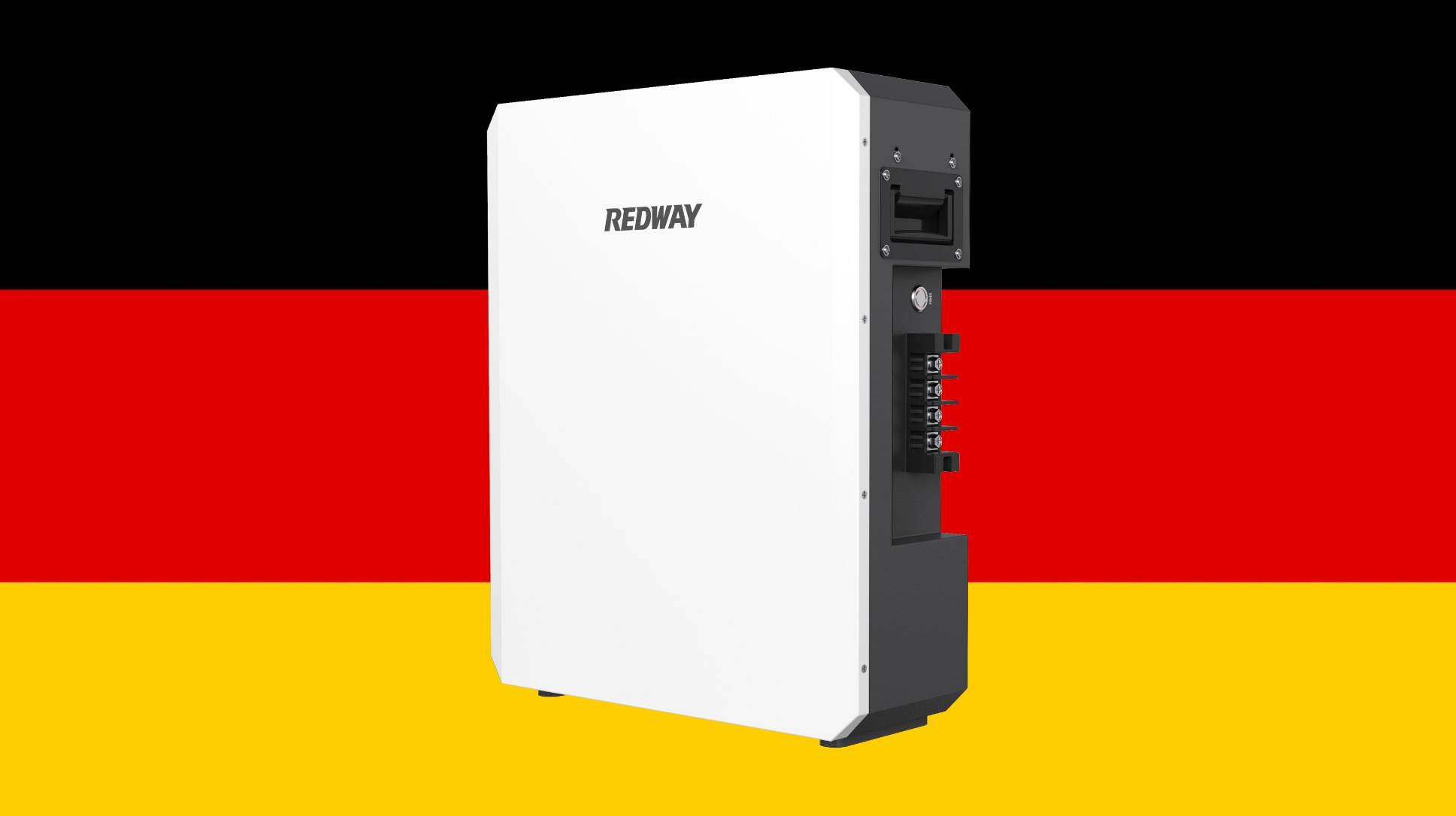Germany’s new energy storage law aims to create a more favorable regulatory environment for integrating renewable energy sources into the national grid. This legislation is designed to enhance energy security and efficiency while benefiting consumers through reduced costs and improved access to sustainable energy solutions. Understanding its implications can help stakeholders navigate this evolving landscape.
What is the new energy storage law in Germany?
The new energy storage law, passed by the German parliament, provides a legal definition for energy storage systems, recognizing their role as a crucial component of the electricity system. This legislation aligns with EU Directive 2019/944 and aims to simplify regulations surrounding energy storage, promoting investment and development in this sector.
| Key Features | Description |
|---|---|
| Legal Definition | Defines energy storage as deferring electricity consumption until after generation |
| Regulatory Framework | Establishes a clearer regulatory environment for storage systems |
How does the law impact renewable energy integration?
The law facilitates better integration of renewable energy by:
- Streamlining Regulations: Simplifying rules around grid connections for storage systems.
- Promoting Flexibility: Allowing for more efficient use of generated renewable power by enabling storage solutions to balance supply and demand.
- Encouraging Investment: Creating a stable regulatory framework that attracts investment in both large-scale and residential storage projects.
What are the expected benefits for consumers?
Consumers stand to gain several advantages from the new law:
- Lower Energy Costs: Enhanced storage capabilities can lead to reduced electricity prices by optimizing supply during peak demand.
- Increased Energy Security: Improved grid stability and reliability through effective management of renewable resources.
- Access to Incentives: Potential eligibility for government incentives supporting the installation of home battery systems.
| Benefit | Description |
|---|---|
| Cost Savings | Reduced electricity bills |
| Energy Security | More reliable power supply |
| Incentives | Access to financial support for installations |
How will the law change the energy market landscape?
The new regulations are expected to transform Germany’s energy market by:
- Establishing Storage as a Key Component: Recognizing energy storage as essential for balancing supply and demand.
- Encouraging Decentralization: Promoting local generation and consumption of renewable energy through community-based storage solutions.
- Driving Innovation: Stimulating technological advancements in battery systems and other forms of energy storage.
What challenges might arise from the new regulations?
Despite its potential benefits, several challenges could impede progress:
- Regulatory Complexity: While simplifications are made, some existing complexities may persist, creating barriers for new entrants.
- Investment Uncertainty: Concerns about long-term profitability may deter investment if market conditions fluctuate.
- Technical Integration Issues: The need for seamless integration between various technologies may present operational challenges.
What role does energy storage play in Germany’s energy transition?
Energy storage is pivotal in facilitating Germany’s transition to a low-carbon economy by:
- Mitigating Intermittency: Addressing fluctuations in renewable generation from sources like wind and solar.
- Supporting Grid Stability: Providing backup power during peak demand periods or when renewable output is low.
- Enhancing Flexibility: Allowing consumers to store excess power generated during low-demand periods for later use.
Buy Wholesale Battery Tips
For those considering wholesale purchases of batteries or related products, partnering with a reliable manufacturer like Redway Battery, known for its extensive experience in lithium battery production, is crucial. To make OEM orders effectively:
- Define your specifications clearly.
- Communicate regularly with the manufacturer throughout the process.
- Ensure compliance with safety standards.
Industrial News
Recent reports highlight that Germany is ramping up efforts to integrate large-scale battery storage into its grid, driven by policy changes that support renewable resources. The country’s emphasis on reducing carbon emissions aligns with its commitment to achieving climate neutrality by 2045.
Redway Expert Views
“Germany’s new energy storage legislation marks a significant step towards enhancing our renewable infrastructure, ensuring that we can effectively harness and utilize clean energy,” states an expert from Redway Battery.
FAQ Section
- What is included in Germany’s new energy storage law?
The law provides a legal definition of energy storage and aims to simplify regulations affecting these systems. - How will consumers benefit from this legislation?
Consumers can expect lower electricity costs, increased reliability, and potential access to government incentives for installations. - What challenges could affect the implementation of this law?
Challenges include regulatory complexities, investment uncertainties, and technical integration issues within existing infrastructure.



